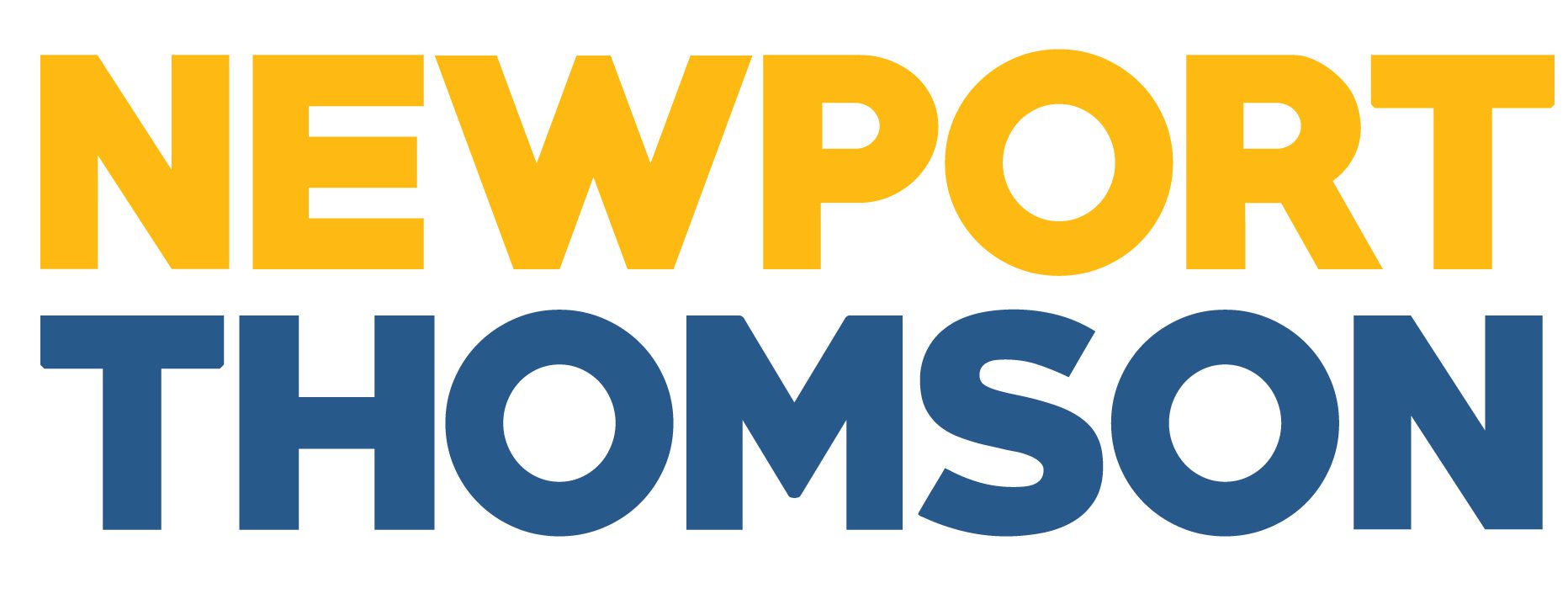 It’s formal name is “An Act to promote the efficiency and adaptability of the Canadian economy by regulating certain activities that discourage reliance on electronic means of carrying out commercial activities, and to amend the Canadian Radio-television and Telecommunications Commission Act, the Competition Act, the Personal Information Protection and Electronic Documents Act and the Telecommunications Act (S.C. 2010, c. 23)” but it is known as the Canadian Anti Spam Legislation or CASL
It’s formal name is “An Act to promote the efficiency and adaptability of the Canadian economy by regulating certain activities that discourage reliance on electronic means of carrying out commercial activities, and to amend the Canadian Radio-television and Telecommunications Commission Act, the Competition Act, the Personal Information Protection and Electronic Documents Act and the Telecommunications Act (S.C. 2010, c. 23)” but it is known as the Canadian Anti Spam Legislation or CASL
Passed in 2010 and came into force in July 2014 through july 1, 2017 CASL made Canada an opt-in regime for commercial electronic messages. It offers 5 forms of consent including Express Consent, Exisiting Business Relationships, NFP Relationships, Publicly Displayed and Personal Relationships. Emails or SMS texts cannot be sent unless the sender can prove one of these forms of consent.
The CRTC is the primary enforcement body with the Competition Bureau and the Office of the Privacy Commissioner having roles as well. Fines for individuals can be up to $1,000,000 per incident and up to $10,000,000 for organizations. A Private Right of Action is included in the Act but it was “indefinitely postponed” 3 weeks before coming into force quoting “concerns of frivolous lawsuits for legitimate brands”.
The law also regulates the downloading of software as well as what must be included in every commercial electronic message sent. Newport Thomson is a leader in implementing CASL compliance programs for companies doing business in Canada. Our Managing Director wrote CASL Compliance: A Marketer’s Guide to Email Marketing to Canadians.



